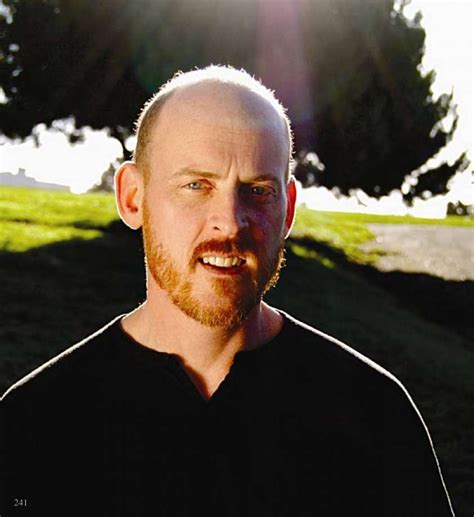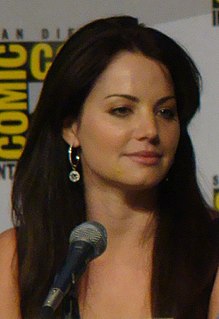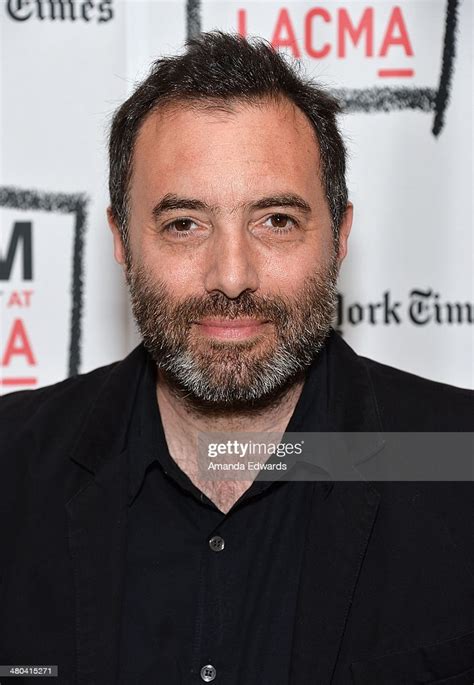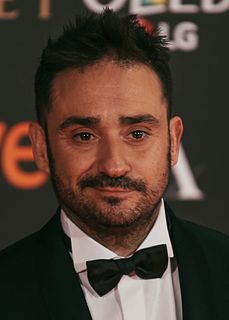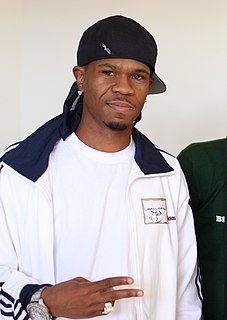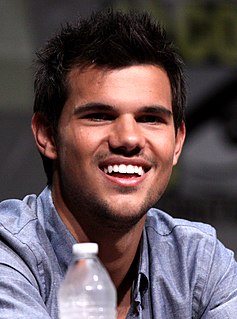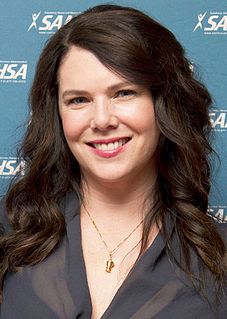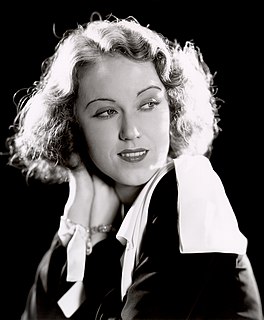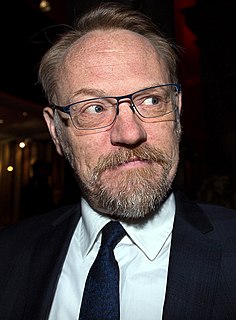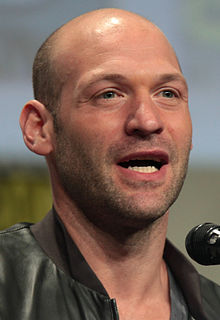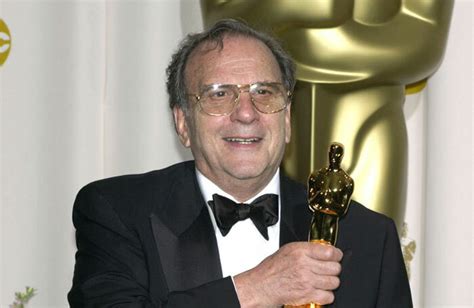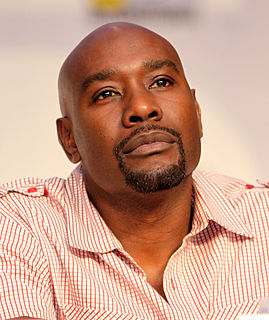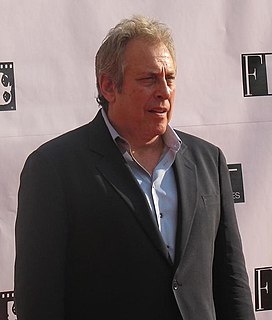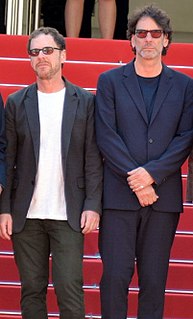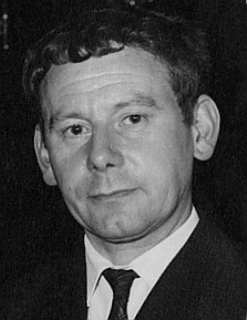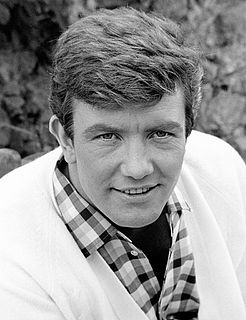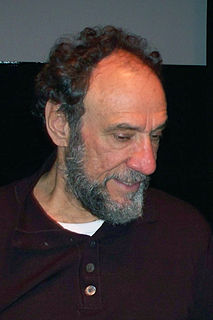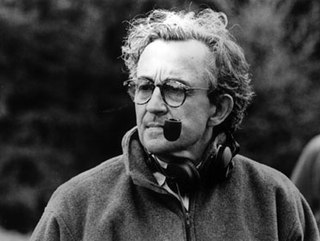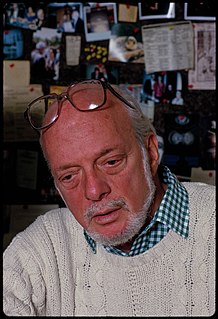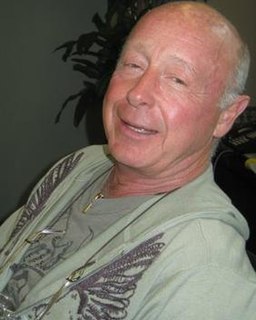Top 1200 Scene Quotes & Sayings - Page 4
Explore popular Scene quotes.
Last updated on April 21, 2025.
I had invited 50 or 60 peers and friends, most of whom were parents, to see the film [Trust], and I asked about the last scene. It was interesting because it was split right down the middle, 50/50. About half the audience wanted it to end with the very emotional scene between Clive and Liana, and that feeling of realization and catharsis. And, the other half were adamant about keeping that last scene.
But the more I read... after awhile... I begin to find they were all writing about the same thing, this same dull old here-today-gone-tomorrow scene... Shakespeare, Milton, Matthew Arnold, even Baudelaire, even this cat whoever he was that wrote Beowulf... the same scene for the same reasons and to the same end, whether it was Dante with his pit or Baudelaire with his pot... the same dull old scene...
The ACLU spent this entire holiday season protesting public displays of the nativity scene. Yeah, that's the problem with America right now: Public displays of Christ's birth, that's the problem. It's unbelievable to me. The ACLU will no longer fight for your right to put up a nativity scene, but they'll fight for the right of the local freak who wants to stumble onto the scene and have sex with one of the sheep.



